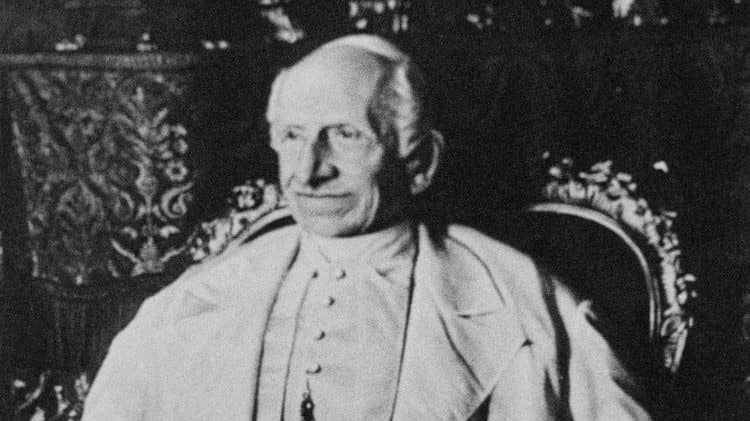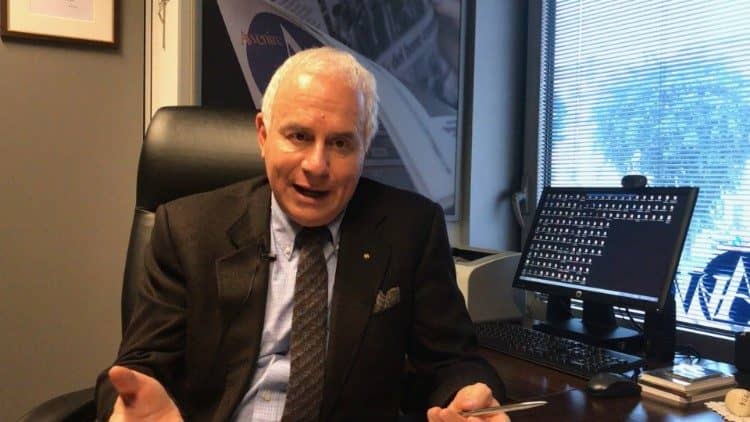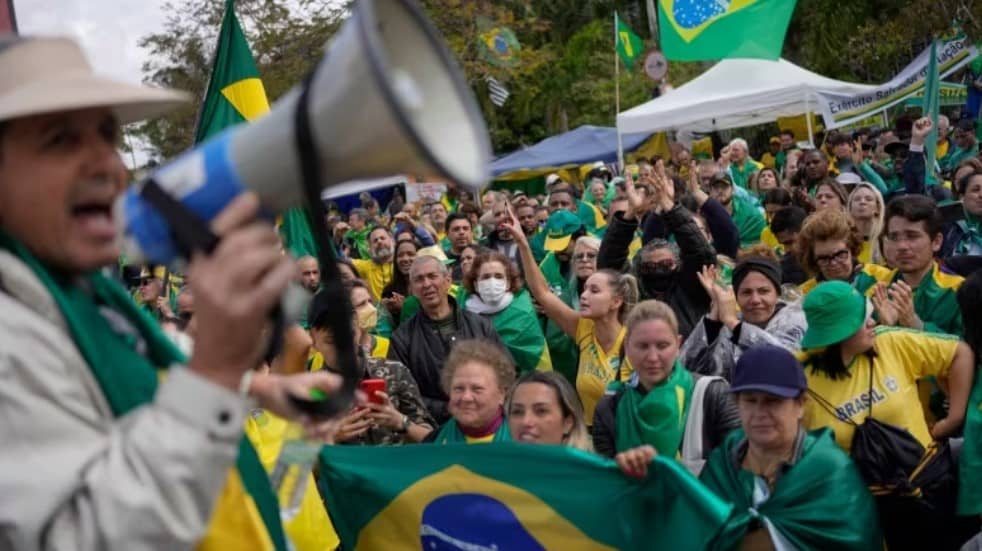ROME — Outside the rather small world of the Vatican and its environs, Giuseppe Profiti and Massimo Spina, two Italian laymen and former officials of a foundation overseeing the papally-sponsored pediatric hospital Bambino Gesù, are hardly household names, even among people who would score off the charts otherwise on most tests of Catholic literacy.
However, with Pope Francis out of town this week for a trip to Colombia, Profiti and Spina will share a few awkward moments in the spotlight, as they stand trial in a Vatican criminal court for allegedly misappropriating roughly $500,000 of the children’s hospital’s money.
In all likelihood, however, even the specter of the latest blockbuster Vatican trial, following “Vatileaks” and “Vatileaks 2.0,” won’t be enough to make the two celebrities, because the real star of this show is also the missing player in the drama: Italian Cardinal Tarcisio Bertone, a former Secretary of State under Pope emeritus Benedict XVI, who was never charged or even investigated, but whose private Vatican apartment benefited from the funds Profiti and Spina allegedly diverted.
The trial against Profiti and Spina gets underway Thursday morning at 10:00 a.m. Rome, and there’s no hard-and-fast limit on how long it might go. However, signs suggest the court is hoping it can be wrapped up in a matter of days, perhaps even before Francis returns next Monday.
The main point in the indictment is easy to state: That Profiti and Spina illicitly used funds from the hospital’s foundation to profit a Rome-based construction company called Castelli Re, run at the time by another Italian financier named Gianantonio Bandera. The alleged misappropriation took place in 2014, meaning the charge is three years old.
Specifically, the indictment states that the $500,000 was paid to Bandera’s company to perform upgrades on a Vatican apartment belonging to Bertone, a long-standing friend of Bandera.
Investigators reportedly have established that Bandera apparently was paid twice for the same project, by two different Vatican departments. In the meantime, his construction company failed and is now bankrupt, and the work it was performing on Bertone’s apartment was initially suspended and then never completed.
According to the indictment, the act of using foundation funds for work on Bertone’s apartment in itself constituted a criminal act under Vatican law, since remodeling a private residence on Vatican territory is not among the “ends” of the Bambino Gesù foundation recognized in its papally-approved statutes.
Lawyers for Profiti and Spina were given until July 11 to submit defense materials to the court, and the Vatican’s tribunal has also announced that if either man fails to appear, they will be tried in absentia. (As Italian citizens and non-clergy, theoretically they could contend they’re not subject to the court’s jurisdiction.)
The main defense argument is also easy to state, because Profiti himself has proclaimed it publicly several times.
He doesn’t dispute the expenses, but insists there was nothing illegitimate about them, because he fully expected that fundraising events at Bertone’s remodeled apartment, over time, would bring in far more for the hospital than the work cost, and ultimately would benefit the sick children who need help the most.
“Not only was this a legitimate expense, but I’ll tell you, if I found myself in the same situation today, I’d make the same decision again,” Profiti has said.
This marks the first time the Vatican publicly has announced an indictment under new measures intended to fight financial money-laundering and financial crime, which began under Benedict XVI and have been strengthened under Francis.
What’s not so easy to understand is why Bertone himself is not part of the charge. From a common-sense point of view, it seems difficult to explain how two laymen can be charged with a crime for giving money to remodel Bertone’s apartment but he isn’t charged with anything, despite the fact that the now 82-year-old Bertone continues to enjoy the fruits of the expense.
From the beginning, Bertone steadfastly has insisted he did nothing wrong, although he did make a voluntary donation to the Bambino Gesù worth $170,000 after reports of spending on his apartment first came to light.
Bertone has been inscribed among possible witnesses in the case, and perhaps compelling reasons will emerge along the way in terms of why he’s been exempted from any criminal responsibility.
So far, however, even within the Vatican itself, there can be a striking degree of cynicism about the exercise. One fairly senior official told me just this week, speaking on background: “If you want to know what the situation of the laity in the Vatican really is, just look at who’s on trial here and who isn’t.”
The charges have been touted as a landmark moment in Francis’s press for financial reform in the Vatican, proof that the new accountability measures aren’t just words on paper, but will be given real teeth by Vatican investigators and prosecutors.
Yet it comes at a moment when, in some ways, that press seems stalled. The pope’s new independent auditor general recently resigned under mysterious circumstances, with no explanation given, and to date has not been replaced.
Meanwhile, the pope’s hand-picked point man on the financial clean-up, Australian Cardinal George Pell, isn’t on the job either, but instead is back home fighting off criminal charges for alleged “historical sexual offenses,” which he has firmly denied. Pell’s own legal process is scheduled to resume October 6.
If this trial is a test of the Vatican’s new-found commitment to transparency and accountability, in other words, the key question as the curtain lifts perhaps can best be expressed this way: “When the test is over, what grade will the Vatican get?”
Crux will be offering daily coverage of the trial, beginning tomorrow.


















